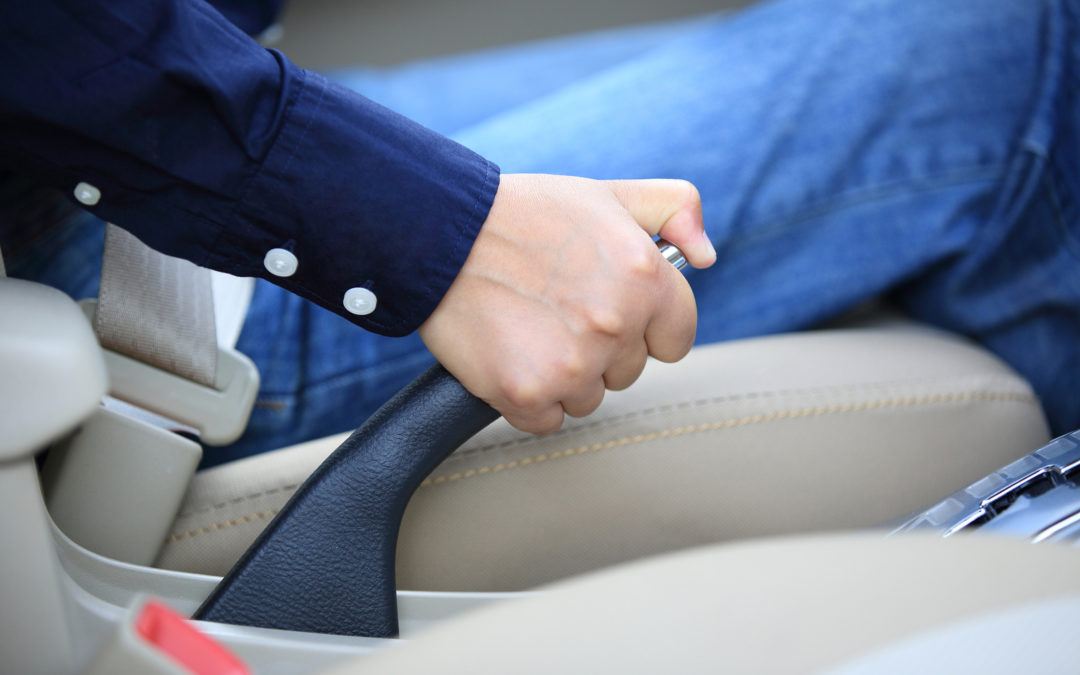Whether you realize it or not, there are several daily driving habits that many of us do that could damage our vehicles without even knowing it. Next time you get behind the wheel, keep these in mind so you can take care of your car on a daily basis.
Not Using the Parking Brake
Whether you drive an automatic or a manual, it’s best to use the parking brake, especially on a hill. If not, you’re likely to wear out the transmission faster because you’re putting the weight of the car on a small piece that holds the car in park.
Carrying Unnecessary Weight
The more weight your car is carrying, the more fuel it uses and the more each and every part and system is worn out. Keep it light to stay away from the mechanic longer.
Riding the Brakes
Even if it makes you feel safer to keep your foot on the brake on your way down a hill, you may put yourself in more danger by doing so. Slight braking that doesn’t stop the car still puts the brake pads in contact with the rotors, which creates friction, builds heat, wears out the parts, and could cause your brakes to fail when you need them.
Allowing your Fuel to Run Low Repeatedly
Usually, it’s recommended that your gas tank is at least half full, especially in colder weather when low fuel levels are prone to freezing. Continually keeping your fuel levels low means you’re pumping from the bottom of the fuel tank where debris and sediment are, and they’re pumped throughout your fuel system, wearing it out faster.
Slamming on the Brake and Gas Pedals
Suddenly braking and accelerating may be necessary on occasion for safety reasons, but when you do it regularly, it means you’ll need repairs done sooner. You’ll heat up and wear your your brakes faster, and you’ll waste fuel, meaning you need to fill up more often.
Ignoring Warning Signs
If you’ve noticed rattles, squeaks, clunking noises, liquid leaks, odd smells, a warning light on your dash, or anything unusual about your vehicle, have it checked out. These are signs of issues that may start out small, but if they’re ignored, could cause other things to go wrong. The longer you wait, the more expensive your repair is likely to be, and the more dangerous it could be to drive your car.

